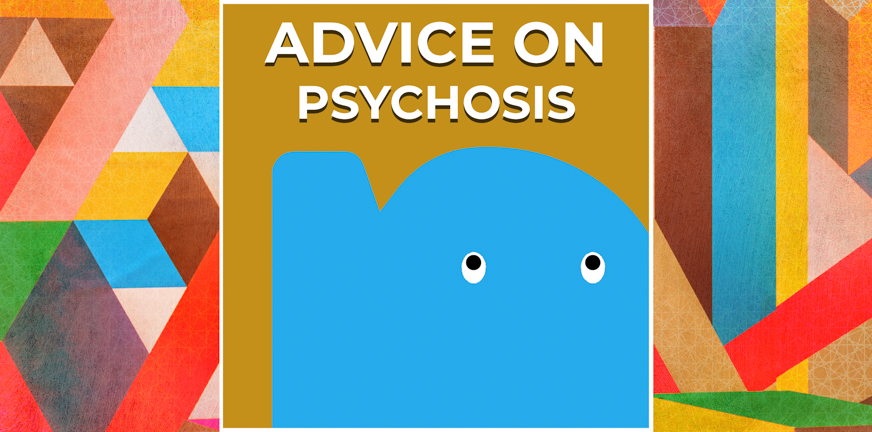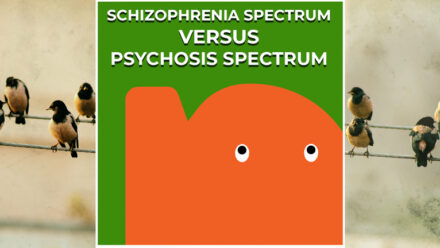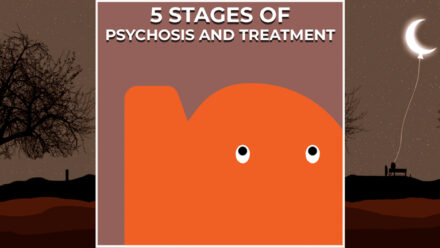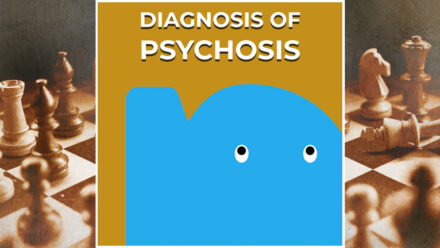
What should you do, and do not, when you are becoming psychotic, or already are? And what can other people do to help someone else in psychosis? Let’s go into a number of suggestions, tips and advice.
How can you help yourself?
Some general suggestions:
- Stay in touch with the people around you, even when you would rather be alone.
- Talk about your experiences with someone you trust. This could be a friend or relative, but also your doctor, counsellor or football coach.
- Take good care of yourself: proper meals and sufficient sleep are important.
- Try to prevent stress. Maybe you can discuss with your school counsellor or supervisor at work that you need to slow down for a while.
- Be extra careful with drugs and alcohol. When you don’t feel well, they can make psychotic problems worse.
- Ask for help!
What can people around you do?
People dealing with psychotic symptoms, and their family and friends, can find useful advice on NAMI.org




